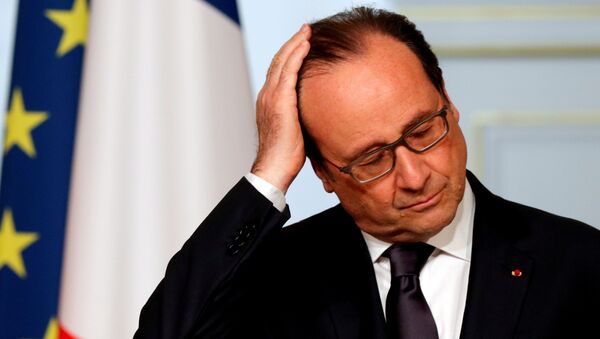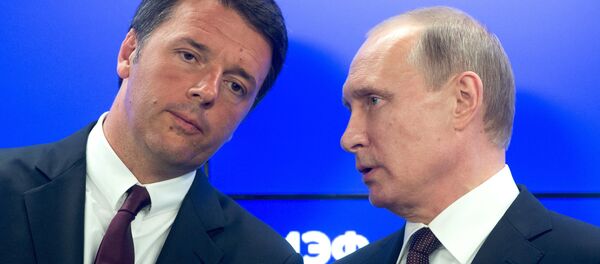According to French economist Matthieu Crozet, the last were aimed at undermining Russia’s political course but without backfiring at the countries that impose these sanctions.
Moreover, a total of 37 countries joined sanctions against Russia, and they generate over 60 percent of global GDP. Finally, it was the first time sanctions have been imposed on such a major power as Russia, the economist told Atlantico.
European sanctions have also affected the defense industry and products of dual use (that can be used in both civil and military industries). The restrictions backfired at the French aviation industry, Crozet said.
According to a report by the French CEPII research institute, the countries that imposed anti-Russian sanctions lost over $60 billion between early 2014 and mid-2015 in export losses.
"We estimate this loss at $60.2 billion from 2014 until mid-2015. Interestingly, we find that the bulk of the impact stems from products that are not directly targeted by Russian retaliations," the report read.
Crozet underscored that for France losses from a Russian responsive food embargo were less than export losses, including the service sector and luxury goods.
Between January 2014 and June 2015, France was losing an average of $176.94 million per month, which accounted for 22.22 percent of the trade potential. As for products under the Russian food ban, losses reached over 50 percent of the trade potential.
At the same time, Ukraine and Germany were hit the most by sanctions, Crozet said. For example, Germany sustained 27 percent of all losses while France only 5.6 percent.




